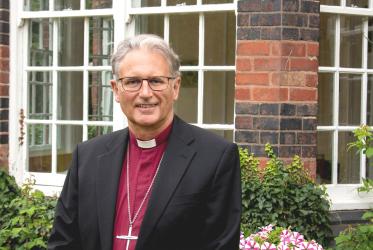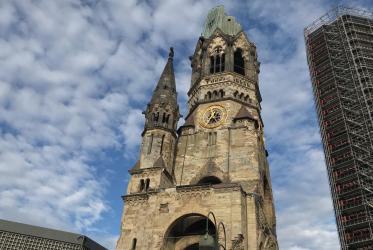Displaying 1 - 9 of 9
10 December 2020
Churches should use their voice on climate change
26 February 2020
WCC celebrates life of Archbishop John Habgood
18 March 2019
Momentum builds for ban on nuclear weapons
16 December 2014





